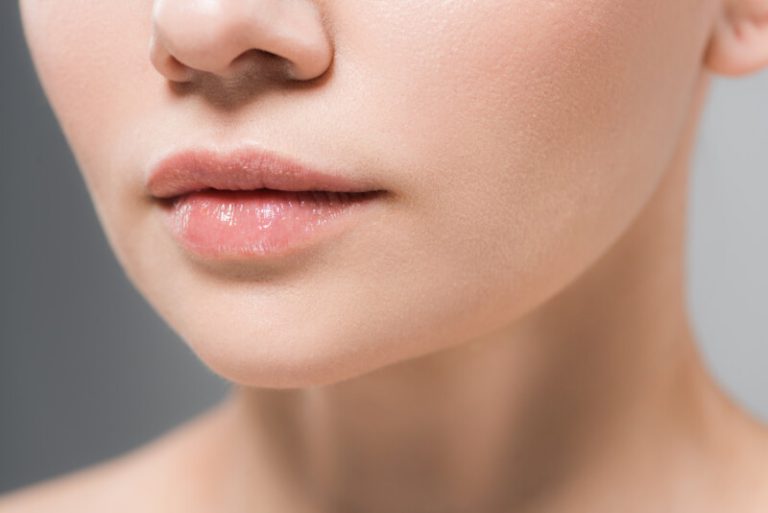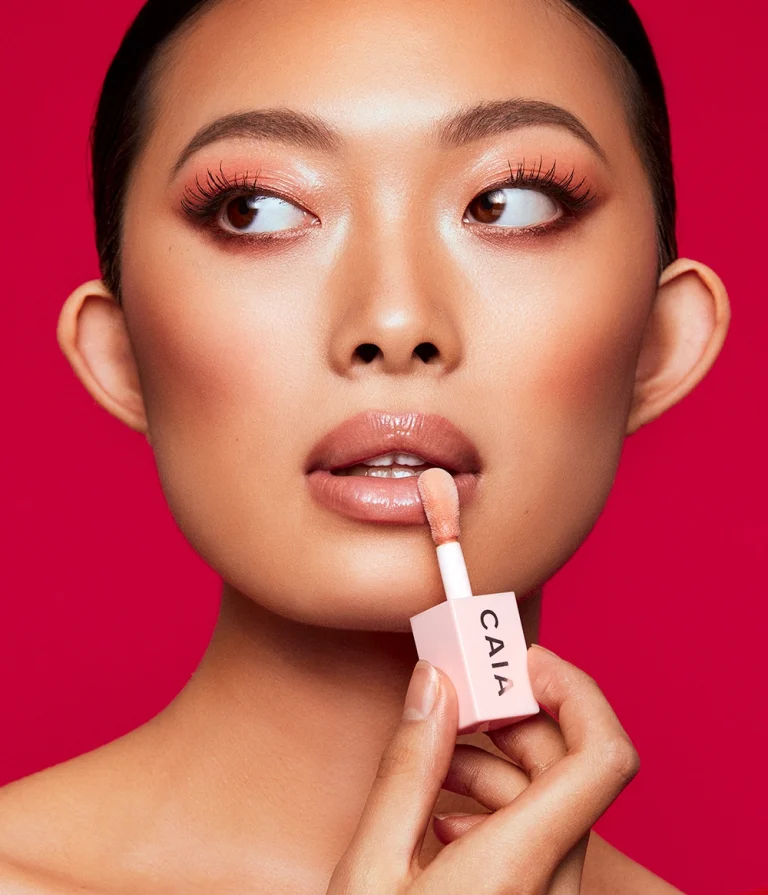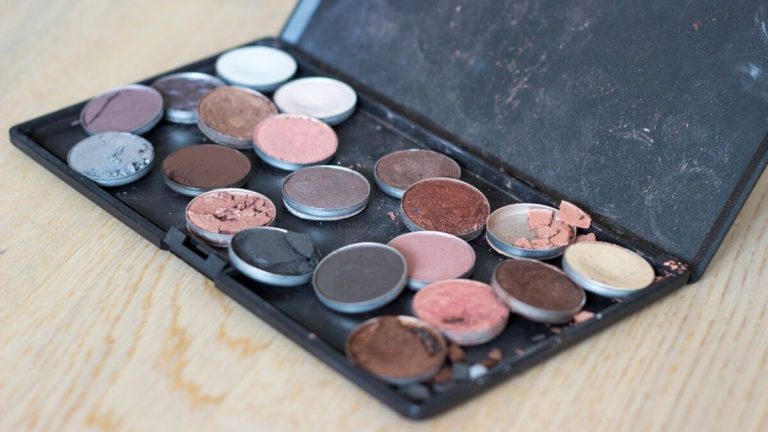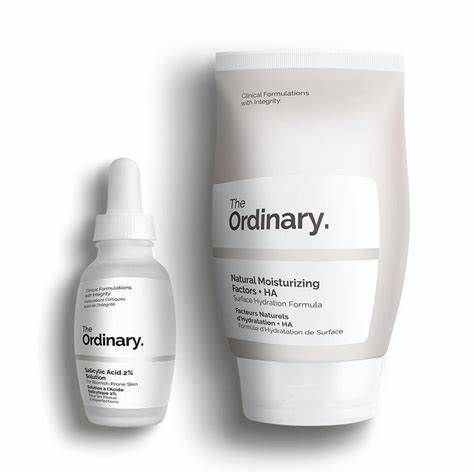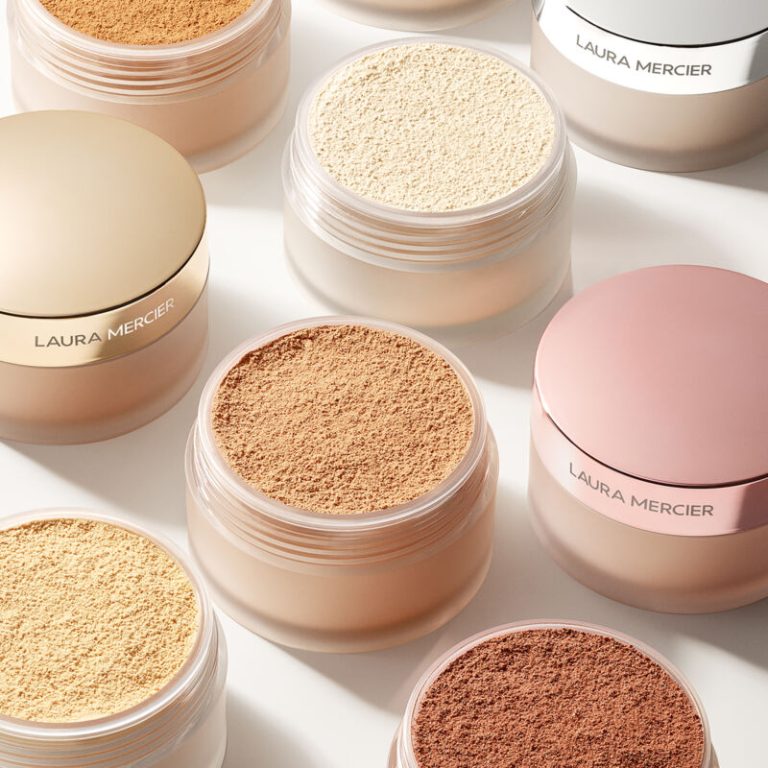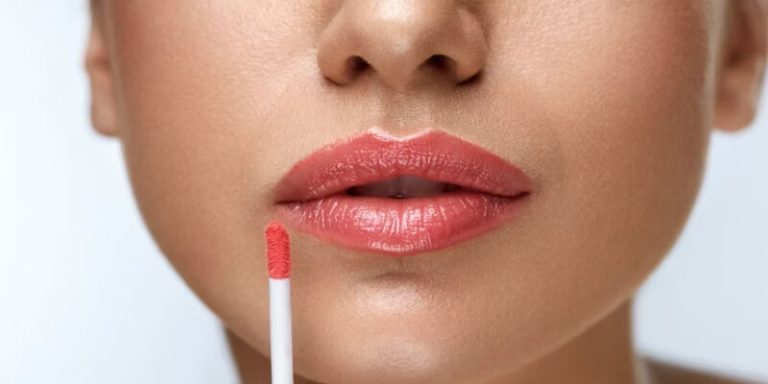Is Microblading Haram or Halal In Islam?
In today’s image-conscious society, both men and women strive to look their best. For Muslim women who follow Islamic principles, cosmetic procedures like microblading present an ethical dilemma. I will examine if microblading eyebrows is allowed (halal) or prohibited (haram) according to Islamic law.
What is Microblading?
Contents
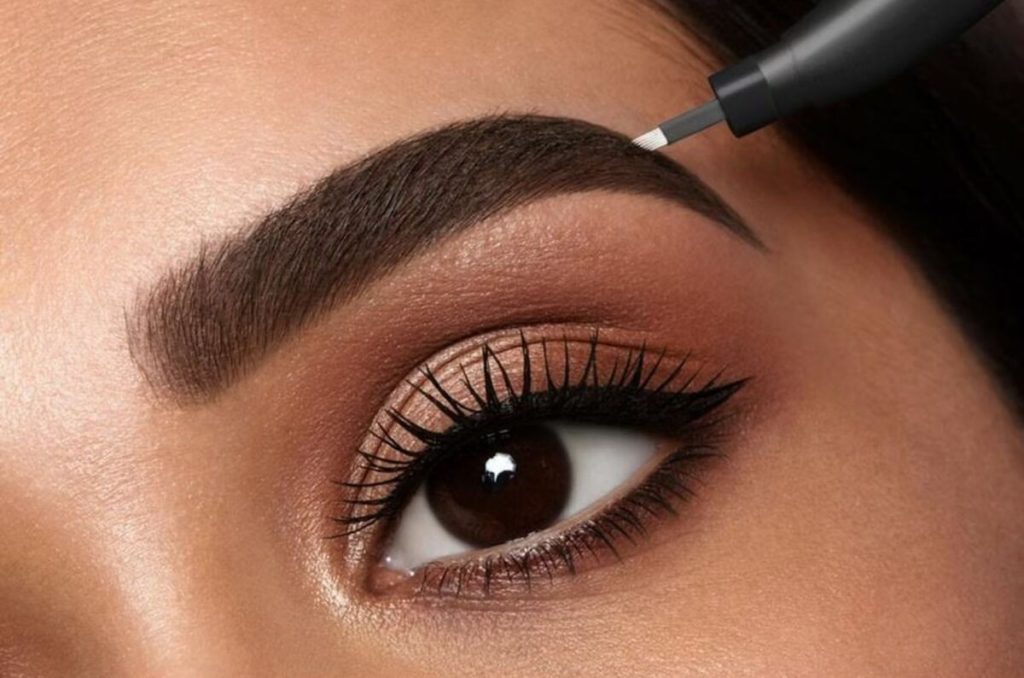
Microblading is a semi-permanent tattooing technique where a special handheld tool made of tiny blades is used to deposit pigment into the top layer of skin. This creates fine, hair-like strokes that mimic natural eyebrows.
Unlike regular tattoos that penetrate deeper into the skin, microblading only affects the epidermis. Results typically last 1-3 years before fading. Touch-up sessions can maintain the look.
Microblading gives the effect of fuller, perfectly shaped brows without using eyebrow pencils or powders. The procedure takes 2-3 hours and requires annual maintenance.
Why Do Muslim Women Get Microblading?
For many Muslim women, following Islamic principles of modesty and natural beauty can conflict with modern beauty standards of bold, shapely eyebrows.
Reasons women may consider microblading include:
- Sparse or overplucked brows: Microblading creates the look of full, lush brows.
- Ease of use: Wake up with perfect brows instead of spending time filling them in daily.
- Boost self-confidence: More defined brows can enhance facial features.
- Peer pressure: Social media trends that glorify bold brows.
Is Microblading Considered Haram?
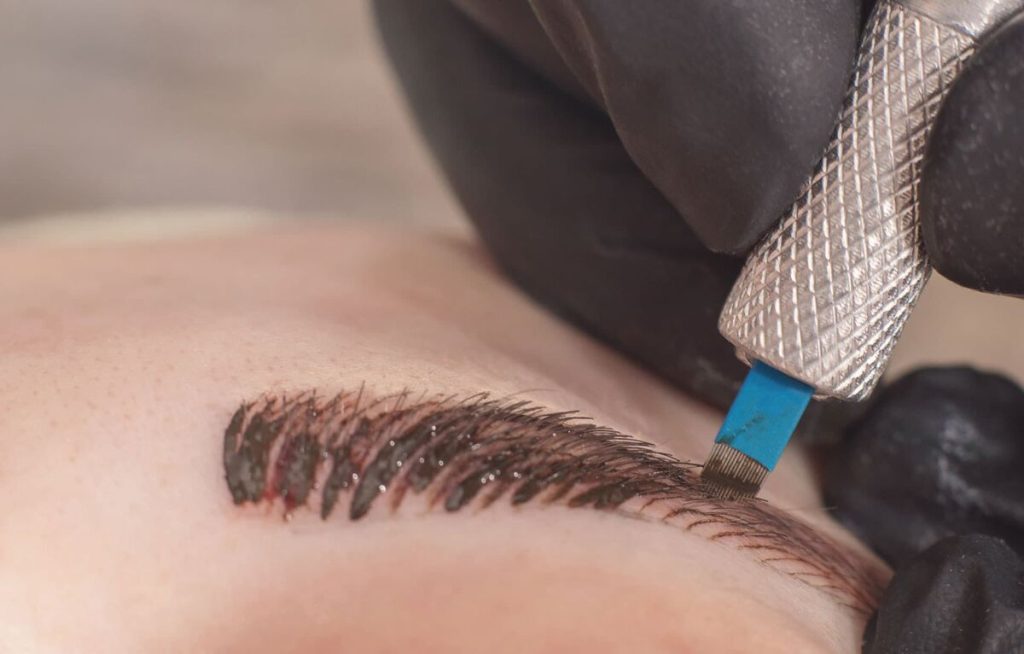
Most Islamic scholars consider microblading and tattooing to be haram (forbidden) because they involve changing Allah’s creation.
The main arguments are:
- Hadith prohibit tattoos: “The Prophet (peace and blessings of Allaah be upon him) cursed the one who does tattoos, and the one who has a tattoo done.”
- Altering natural state given by Allah is sinful. Microblading is artificial enhancement.
- Potential health risks from using tattoo equipment and pigments.
- Can lead to obsession with looks which takes focus away from deen (faith).
- Resembles practices of non-Muslims and men.
- Seen as a form of deception to misrepresent natural beauty given by Allah.
Are There Exceptions Where It’s Permitted?
Most scholars agree microblading can be halal (permitted) only in certain medical situations such as:
- Loss of eyebrows due to alopecia, cancer treatment, burns, etc.
- Corrective procedure to fix uneven/asymmetrical brows.
- Part of reconstructive surgery after an accident.
- To treat trichotillomania, a disorder causing compulsive urge to pull out eyebrows.
These medical justifications allow microblading because it restores what was lost, not to enhance beauty.
What Are Other Islamic Rulings on Beauty Procedures?
Scholars have varying views on cosmetic procedures. General principles are:
- Halal if done in moderation to please your spouse, not society.
- Halal if it does not cause serious harm to body or distract from religious duties.
- Haram if done specifically to appear more beautiful for non-mahram men.
- Haram if it significantly alters natural state given by Allah.
Based on these principles, procedures like Botox, fillers, and cosmetic surgery are controversial but not conclusively haram unless overdone or solely to attract attention.
More definitive rulings exist on:
- Haram: Tattoos, liposuction, breast implants, nose jobs (unless for medical/corrective reasons)
- Halal: Hair styling, hijab, simple makeup, removing facial/body hair
What Are Some Halal Alternatives?
For Muslim women who want to enhance their brows in a halal way, options include:
- Using brow powders, pencils, gels, and tinting for temporary color.
- Having brows professionally shaped through threading and waxing.
- Applying natural oils to condition brows.
- Taking hair growth vitamins.
- Using ethical beauty practices that do not harm body or defy deen.
Conclusion
Most Muslim scholars view microblading as haram because it artificially alters the natural state of one’s appearance given by Allah. Exceptions exist for medical purposes to correct defects or restore eyebrows lost.
Muslim women seeking to enhance their brows while respecting their faith can explore temporary cosmetic products, natural remedies, and ethical salon services. Ultimately, it is most important to focus on inner beauty and spirituality rather than seek validation through physical appearance.
Key Points:
- Microblading involves semi-permanent tattooing of eyebrows.
- It is largely considered haram in Islam except for medical reasons.
- Scholars weigh factors like health risks and distraction from faith.
- Permissible alternatives include temporary brow products and shaping.
- Focus should be on cultivating inner beauty rather than obsession with looks.

Founded by Sophia Rodriguez, IGXO Cosmetics is a PETA-certified, cruelty-free, and vegan makeup brand.
